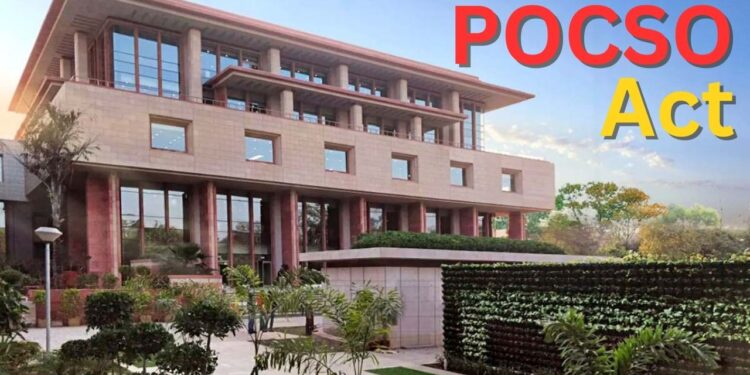The Delhi High Court recently acquitted a man sentenced to life imprisonment for the alleged rape and sexual assault of a 14-year-old girl under the Protection of Children from Sexual Offences (POCSO) Act and the Indian Penal Code [Sahjan Ali Through Parokar Banu Khatun v. State Through Sho Ps Madhu Vihar]. The acquittal was based on the Court’s finding that the survivor’s statement did not provide enough evidence to substantiate the charges.
Justices Prathiba M. Singh and Amit Sharma, while reviewing the case, emphasized that the survivor’s use of the phrase “physical relations” lacked clarity and did not indicate sexual assault or intercourse. The Court observed, “The survivor mentioned ‘physical relations,’ but there is no explanation of what she meant by this term. The phrase ‘samband banaya’ is insufficient to prove an offense under Section 3 of the POCSO Act or Section 376 of the IPC. Even though consent is irrelevant for minors under the POCSO Act, the term ‘physical relations’ cannot automatically be interpreted as sexual intercourse or sexual assault.”
The Court also noted that the minor did not explicitly state that she was sexually assaulted, and there was no physical evidence to support the claim. “It is not disputed that she voluntarily accompanied the appellant. However, the leap from ‘physical relations’ or ‘samband’ to sexual assault, and then to penetrative sexual assault, must be substantiated with evidence. Such conclusions cannot be made by inference,” the Court stated.
The case began when the minor’s mother filed a complaint claiming that her daughter was abducted by an unknown person. Later, the minor told the police that she had been involved in a “physical relationship” with the accused. The trial court convicted the accused based on this statement, sentencing him to life imprisonment.
Upon appeal, the High Court found discrepancies in the survivor’s testimony. During cross-examination, the minor admitted that the accused did not physically assault her or commit any wrongful act. Additionally, the medical examination revealed no external injuries or signs of assault. The High Court criticized the trial court for not providing adequate reasoning for its conviction, stating, “The mere fact that the survivor is under 18 does not automatically lead to the conclusion of penetrative sexual assault.”
The High Court ultimately acquitted the accused, pointing out that the evidence did not conclusively support the allegations. The Court stressed that the benefit of the doubt should be given to the accused when the evidence fails to establish the charges.
Advocates Yashvir Sethi, Amit Kumar Singh, Saksham Sethi, Pranav Sharma, and Manan Soni appeared for the accused. Additional Public Prosecutor Ritesh Kumar Bahri, with Advocates Lalit Luthra and Divya Yadav, represented the State. The Delhi High Court was represented by standing counsel Dinesh Malik, with Advocates Puneet Jain and Kiffi Aggarwal.

















